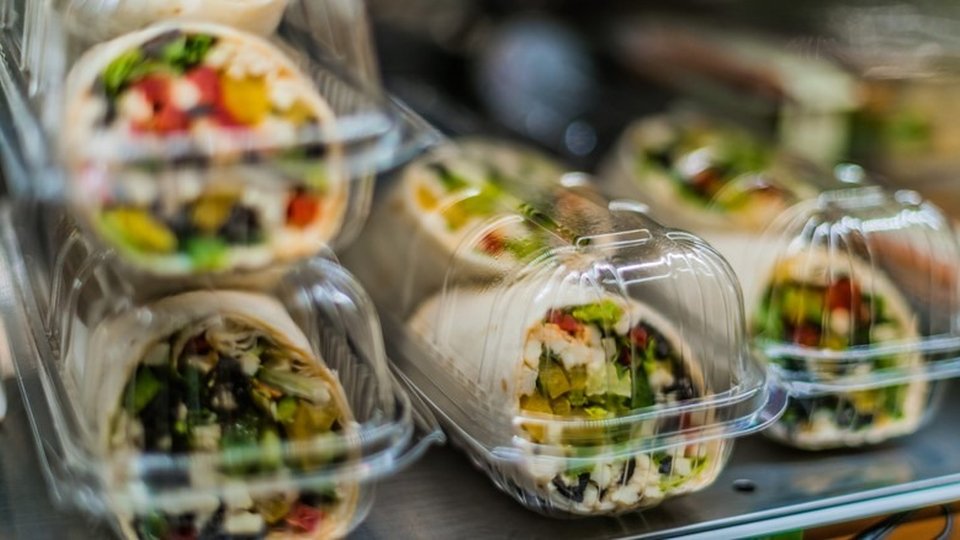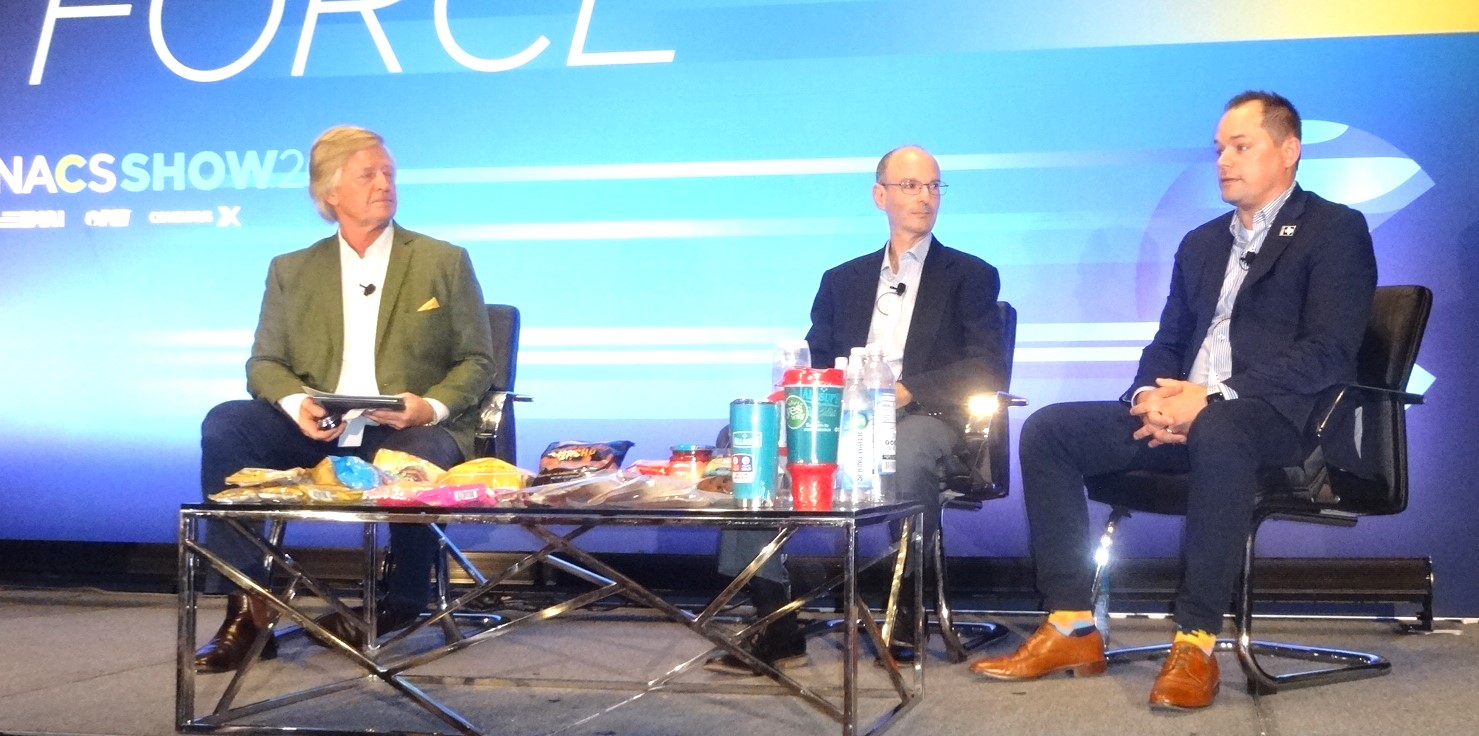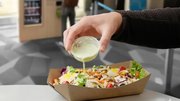Micro Markets
Private label gains clout in convenience retail: Where to begin
Private label allows a retailer to lower the cost of product and at the same time achieve the best value for the consumer. Veteran convenience retailers offer some insights on the journey.

October 19, 2022 by Elliot Maras — Editor, Kiosk Marketplace & Vending Times
How does a convenience retailer distinguish its products in a competitive marketplace?
All things being equal, unique, high quality products will win the sale.
In this regard, convenience retailers are no different than larger retail channels such as supermarkets, drug stores and mass merchants. Walk into any one of these stores and you're sure to find "off brand" products that are comparable in quality to the national brands but lower in price.
Which explains the existence of the private label industry. When asked the main reasons for switching from a national brand to a private label brand in January 2022, nearly 90% said for better value, according to Statistica.
 |
Roy Strasburger explores ways convenience retailers can tap private label with Alan Adato and Benjamin Hoffmeyer. |
Convenience retail lags
Unfortunately, the convenience channel is not taking full advantage of the opportunity, according to a panel at the recent NACS show in Las Vegas.
Where private label sales accounted for 17.1% of all retail sales in 2021, according to Statistica, only 3.7% of convenience store sales were private label.
The good news is that private label in convenience stores increased 17.8% in 2021, said Roy Strasburger, CEO at StrasGlobal, a provider of support services for retailers, during an NACS panel entitled "Turning private label into a powerhouse brand."
"Private label is a big thing," said Strasburger, a key reason being the ability to lower the cost of product and at the same time achieve the best value for the consumer.
Joining Strasburger on the stage were a pair of convenience store executives who offered insight on expanding into private label: Benjamin Hoffmeyer, vice president of marketing and merchandising at TXB, a Texas based chain with 46 stores, and Alan Adato, merchandising and procurement manager at Yesway, a Midwest chain with 424 stores.
Where to begin
TXB got into private label three years ago to build its brand equity and to provide better value for customers, Hoffmeyer said, though knowing where and how to start the journey was a challenge.
Talking with existing vendors was helpful, according to Hoffmeyer, since they were able to suggest private label manufacturers.
TXB ended up partnering with smaller manufacturers which tend to offer lower minimum purchases.
High volume inventory
The company initially focused on higher volume items, such as water, as well as gluten-free, sugar-free, keto-friendly products.
They also partnered with Sysco on private label fajitas sold in deli cases for grab and go.
"Focus on high volume items first," Hoffmeyer urged his listeners.
As private label sales grow, costs drop "dramatically," Hoffmeyer said.
Adato agreed.
"The name of the game with private label is to grow your units," Adato said. Volume growth translates into better margins.
"You're always regularly monitoring the sales performance of your private label once you do introduce it in the stores, but also weekly getting an understanding from the suppliers, (to ask) 'how is my product moving?'" he said.
If it's not moving you need to know what change to make.
Adato also monitors cash register sales weekly on what flavors and packaging are selling well.
Shelf life matters
Shelf life is also an important consideration when selecting private label products.
Private label product shelf lives range from 90 days to one year. For fresh items, it can be 14 days.
"Keep that (shelf life) in mind when you're considering private label," Adato said. If it has 14 days and takes seven days to get from the supplier to warehouse and six more to get to store, there isn't much time to sell it.
Supply chain concerns
Supply chain management is also critical when offering private label.
It is important to collaborate with both the supplier and the distributor to get product to the store, Adato said. "You want to make sure there's clear communication between those three parties."
It's also important to monitor inventory at both the store and the warehouse, he said, and keep in mind the lead time needed from the supplier. How many weeks' worth of product are on hand and how many weeks does a supplier need for more product?
Supply chain issues are particularly challenging in the current environment, the panelists agreed.
"I don't have bottle caps," Hoffmeyer said. "I don't have pallets."
"You may have to add two to three more months to your launch plan in the current environment," he said.
Marketing matters
The panelists also agreed on the importance of marketing private label products.
"Marketing is one of the most important aspects of promoting your private label," Adato said. In-store displays can be simple and focus on four or five items. You can also have endcaps. You want customers to know you are in private label.
Yesway uses private label to complement its foodservice and rewards programs, and vice versa, Adato said
"They complement one another," he said. "I think it's important to have that ability to link those programs together.
"Definitely incorporate your private label into your rewards program," he added. The rewards program allows you to react quickly and put a promotion together if you are discontinuing a product.
Yesway also uses mailers with store coupons for local marketing.
"It's a great way for customers to sample those items as well," he said.
Both panelists said they are interested in selling their private label to other retailers.
They also agreed private label is a strategic advantage during the recent product shortages caused by the coronavirus.
Adato said his company had plenty of water when certain brands were not available.
Hoffmeyer agreed private label was a focal point during the pandemic, but it works both ways. Sometimes the private label product is not available.
The panelists agreed the Private Label Manufacturers Association is a great resource. There are also consultants available.
Photo: Networld Media Group.
About Elliot Maras
Elliot Maras is the editor of Kiosk Marketplace and Vending Times. He brings three decades covering unattended retail and commercial foodservice.







